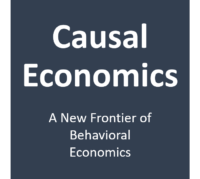Taxpayer Collective Bargaining—Worth Considering?
By Andrew Horton, April 2024 Here we’re introducing for the first time, an innovative concept for discussion, called Taxpayer Collective Bargaining (TCB). It just may be an approach that achieves win/win outcomes for taxpayers and society-at-large. The intent of TCB is to achieve win/win results based on strong theory and applied results, separate from political
